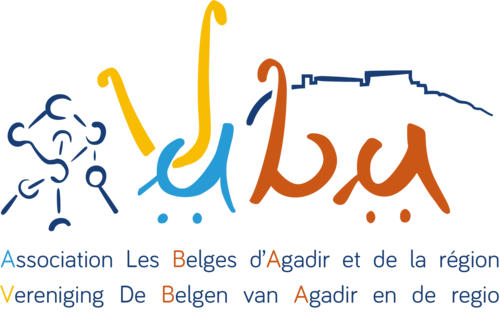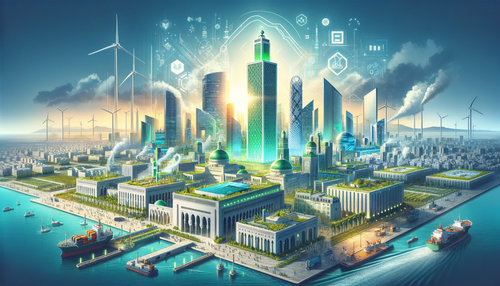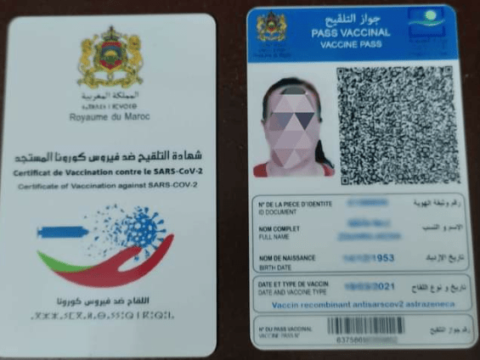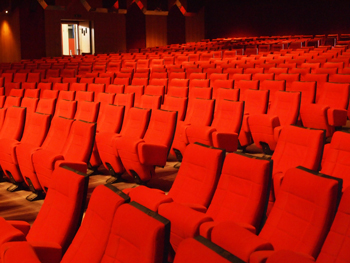According to economist and chartered financial analyst (CFA) Alexandre Kateb, in his study ‘Morocco’s Long Road to Economic Transformation‘, Morocco has made significant socio-economic progress since King Mohammed VI ascended to the throne in 1999.
Over the past 25 years, the country has followed an ambitious path of modernization under his reign.
Life expectancy has risen by nine years to 75, per capita income has doubled, and poverty has dropped from 15.3% in 2001 to 1.7% in 2019, according to the High Commission for Planning. Particularly in rural areas, access to electricity and potable water has become widespread.
However, social challenges remain, amplified by the COVID-19 pandemic, recurring droughts, and the 2023 earthquake in the Haouz region.
These events have exposed gaps in Morocco’s development agenda, highlighting the need for structural reforms to create more jobs—especially for young people and women—and reduce social and regional disparities. The country must invest more in human capital and innovation while navigating a complex geopolitical environment.
Integration into Global Value Chains
Morocco has successfully integrated into global value chains thanks to heavy investments in infrastructure, such as the Tangier Med port. This strategic position has attracted significant foreign direct investment (FDI), particularly in the automotive and aerospace industries.
Manufacturing, which represents 15% of GDP, has seen increased FDI inflows, primarily driven by the automotive sector.
However, while Morocco excels in medium-tech exports, its share of high-tech exports remains lower than that of major industrial powers in Asia.
Innovation Challenges and the Global Innovation Index
In the 2023 Global Innovation Index, Morocco ranked 70th, a position that could have been higher if its performance in knowledge-intensive jobs had been stronger.
The country ranks 111th in this domain. Kateb identifies the poor quality of education as a significant obstacle to innovation. For example, only 18% of Moroccan students achieved Level 2 or higher in the PISA math test, compared to the OECD average of 69%.
On the demand side, Kateb notes that businesses are overly focused on profit at the expense of innovation. He asserts that Morocco needs to do more to combat cronyism, corruption, and nepotism, as these factors undermine economic efficiency.
Towards Greater Sustainability
Morocco has embarked on a transition toward more sustainable growth since 2009, setting ambitious goals for renewable energy development. The Noor solar complex is a flagship example.
Despite significant progress, renewables account for only 37% of installed electric capacity and less than 20% of total electricity production.
The country also faces water management challenges, exacerbated by drought, with plans to build new desalination plants and improve water resource management.
Morocco in a Multipolar World
Although the European Union remains Morocco’s key economic partner, the kingdom has expanded its relations with sub-Saharan Africa and China. This strategy aims to diversify its trade partnerships and reduce dependency on the EU. Projects like the « Tangier Tech City » in partnership with China are concrete examples.
Morocco is also positioning itself as a global connector, facilitating trade between China and Western markets.
Social and Economic Challenges
Despite the successes of Morocco’s economic strategy, the country still faces persistent challenges such as regional disparities, youth unemployment, and low female labor force participation.
The informal sector, which accounts for roughly two-thirds of jobs, hampers productivity and growth.
To address these issues, Morocco has launched a new development model, with social and economic reforms, but further efforts are needed to improve governance and ensure the sustainability of these reforms.
Conclusion
Morocco has achieved remarkable progress in economic and social development, but to attain high-income status, it will need to continue its institutional reforms and better leverage its human capital.
Managing geopolitical risks and creating sufficient fiscal space will also be essential to support this transformation.
This version references the Carnegie Endowment for International Peace and includes the full context .




